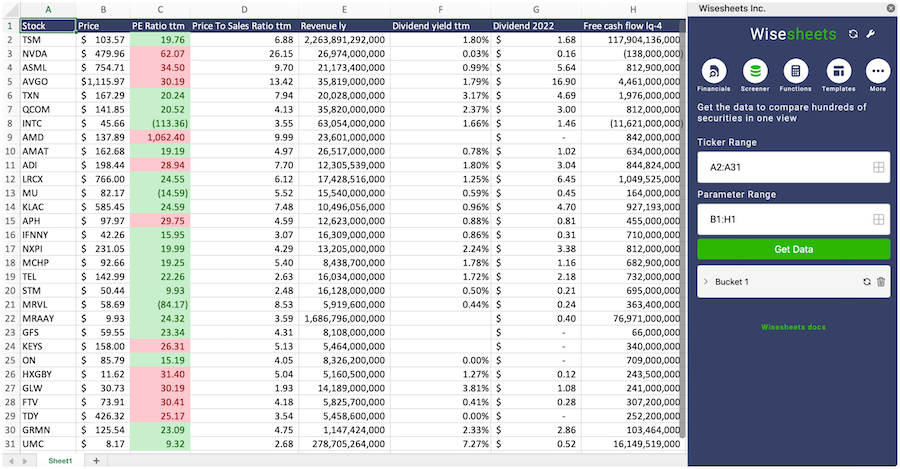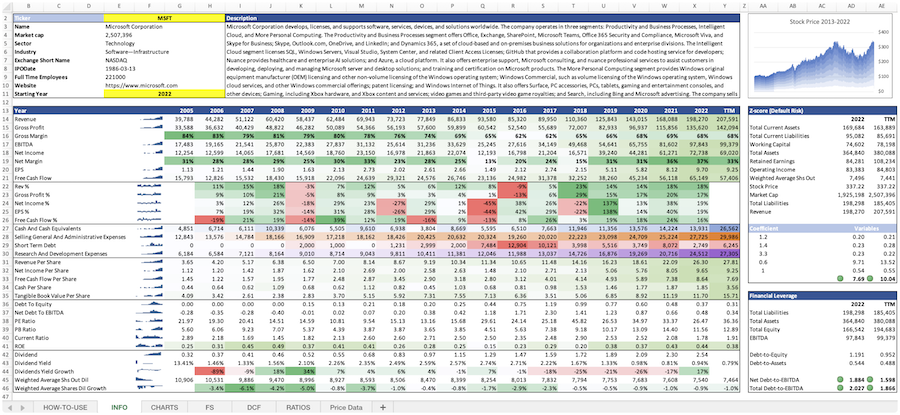Gulshan Polyols Limited
GULPOLY.BO
Price:
$137.85
Market Cap:
$8.62B
Gulshan Polyols Limited engages in the mineral and grain processing, and ethanol distillery businesses in India and internationally. The company provides starch sugar products, such as sorbitol 70% solution, dextrose monohydrate, malto dextrine powder, and liquid glucose, as well as rice fructose syrups, brown rice syrups, and rice syrup solids; organic sweeteners; native and maize starches; and animal nutrition products comprising dried distillers grain solids, corn/maize gluten feed, corn germ, cattle feed/enriched fiber, rice protein/gluten, and corn steep liquor products. It also offers activated, precipitated, and ground calcium carbonate products. In addition, the company provides grai...[Read more]
Industry
Chemicals
IPO Date
2015-01-28
Stock Exchange
BSE
Ticker
GULPOLY.BO
PE Ratio
[20.18]
ROE
[6.91%]
Current Ratio
[1.17]
Dividend Yield
[0.22%]
Enterprise Value
[13.14B]
Dividend History
The Dividend Yield as of December 2025 (TTM) for Gulshan Polyols Limited (GULPOLY.BO) is 0.22%
According to Gulshan Polyols Limited’s latest financial reports and current stock price. The company's current Dividend Yield is 0.22%. This represents a change of 328.18% compared to the average of 0.05% of the last 4 quarters.
Gulshan Polyols Limited (GULPOLY.BO) Historical Dividend Yield (quarterly & annually)
How has GULPOLY.BO Dividend Yield performed in the past?
The mean historical Dividend Yield of Gulshan Polyols Limited over the last ten years is 1.11%. The current 0.22% Dividend Yield has changed -80.39% with respect to the historical average. Over the past ten years (40 quarters), GULPOLY.BO's Dividend Yield was at its highest in in the March 2020 quarter at 1.41%. The Dividend Yield was at its lowest in in the March 2016 quarter at 0%.
Average
1.11%
Median
0.66%
Minimum
0.15%
Maximum
4.69%
Gulshan Polyols Limited (GULPOLY.BO) Dividend Yield by Quarter and Year
Discovering the peaks and valleys of Gulshan Polyols Limited Dividend Yield, unveiling quarterly and yearly fluctuations to gain insights into the company’s financial performance and market dynamics, offering valuable data for investors and analysts alike.
Maximum Annual Increase = 273.92%
Maximum Annual Dividend Yield = 4.69%
Minimum Annual Increase = -94.52%
Minimum Annual Dividend Yield = 0.15%
| Year | Dividend Yield | Change |
|---|---|---|
| 2025 | 0.16% | -43.15% |
| 2024 | 0.29% | -41.79% |
| 2023 | 0.49% | 225.56% |
| 2022 | 0.15% | -41.04% |
| 2021 | 0.26% | -94.52% |
| 2020 | 4.69% | 273.92% |
| 2019 | 1.26% | 25.55% |
| 2018 | 1.00% | 20.87% |
| 2017 | 0.83% | -57.45% |
| 2016 | 1.94% | 7.84% |
Gulshan Polyols Limited (GULPOLY.BO) Average Dividend Yield
How has GULPOLY.BO Dividend Yield performed in the past?
The current Dividend Yield of Gulshan Polyols Limited (GULPOLY.BO) is less than than its 3-year, less than than its 5-year, and less than than its 10-year historical averages
3-year avg
0.32%
5-year avg
0.27%
10-year avg
1.11%
Gulshan Polyols Limited (GULPOLY.BO) Dividend Yield vs. Peers
How is GULPOLY.BO’s Dividend Yield compared to its peers?
Gulshan Polyols Limited’s Dividend Yield is less than Indo Amines Limited (0.39%), less than Indo Amines Limited (0.39%), less than Sree Rayalaseema Hi-Strength Hypo Limited (0.56%), less than Sree Rayalaseema Hi-Strength Hypo Limited (0.56%), less than The Andhra Sugars Limited (1.07%), less than The Andhra Sugars Limited (1.07%), greater than Zuari Agro Chemicals Limited (0%), greater than Chemcon Speciality Chemicals Limited (0%), greater than Chemcon Speciality Chemicals Limited (0%), less than Indo Borax & Chemicals Limited (0.37%),
| Company | Dividend Yield | Market cap |
|---|---|---|
| 0.39% | $9.22B | |
| 0.39% | $9.23B | |
| 0.56% | $9.17B | |
| 0.56% | $9.14B | |
| 1.07% | $10.11B | |
| 1.07% | $10.11B | |
| 0% | $13.26B | |
| 0% | $7.36B | |
| 0% | $7.41B | |
| 0.37% | $8.69B |
Build a custom stock screener for Gulshan Polyols Limited (GULPOLY.BO) and other stocks
One of the best ways to find valuable stocks to invest in is to build a custom made screener in your Excel or Google Sheets spreadsheet. This allows you to compare thousands of companies like Gulshan Polyols Limited using the financials and key metrics that matter to you in a single view.
The easiest way to set this up is to use the Wisesheets add-on and set your spreadsheet like this:
Covering all these metrics from financial, data, dividend data, key metrics and more you can get all the data you want for over 50+ exchanges worldwide.
Get your free trial here.
Gulshan Polyols Limited (GULPOLY.BO) and other stocks custom spreadsheet templates
The easiest way to analyze a company like Gulshan Polyols Limited or any others is to create a spreadsheet model that automatically retrieves all of the stock data you need.
Using Wisesheets you can set up a spreadsheet model like this with simple spreadsheet formulas. If you change the ticker you can get all of the data automatically updated for you.
Whether you need live data, historical price data, financials, dividend data, key metrics, analyst estimates, or anything else...Wisesheets has you covered.
Frequently asked questions❓
What is the Dividend Yield?
How can you use the Dividend Yield?
What is Gulshan Polyols Limited's Dividend Yield?
How is the Dividend Yield calculated for Gulshan Polyols Limited (GULPOLY.BO)?
What is the highest Dividend Yield for Gulshan Polyols Limited (GULPOLY.BO)?
What is the 3-year average Dividend Yield for Gulshan Polyols Limited (GULPOLY.BO)?
What is the 5-year average Dividend Yield for Gulshan Polyols Limited (GULPOLY.BO)?
How does the current Dividend Yield for Gulshan Polyols Limited (GULPOLY.BO) compare to its historical average?

